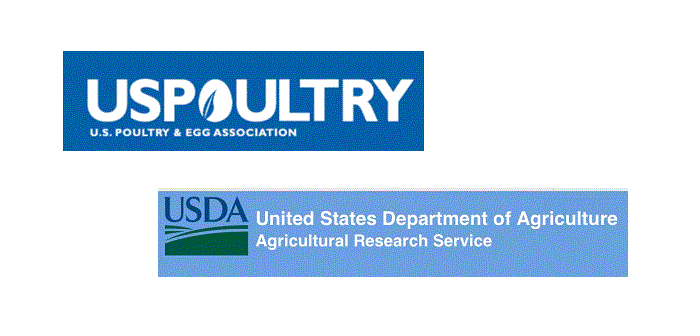A US researcher has identified a fast-track process to inactivate the avian influenza (AI) virus in poultry litter, opening the way for the virus to be eliminated from contaminated facilities more rapidly during future outbreaks than has been possible so far.
Research findings published by the US Poultry & Egg Association (USPOULTRY) have revealed that the scientist concerned, Dr Erica Spackman, has successfully used “time and temperature profiles” to inactivate the AI virus.
“During an outbreak a great deal of time and effort goes into attempting to inactivate the AI virus in a contaminated facility using cleaning and disinfection,” said USPOULTRY. “What Dr Spackman has showed, however, is that the virus can be relatively quickly inactivated by heat. She has also established the parameters required to achieve inactivation of the virus.
“This is important information that can be used in future outbreaks to more quickly eliminate the virus from contaminated facilities.”
Dr Spackman is attached to the US Department of Agriculture’s Southeast Poultry Research Laboratory in Athens, Georgia.
Her research was funded by USPOULTRY under the association’s emergency AI fund, which was set up in October last year and given a total budget of equivalent to £450,000.


